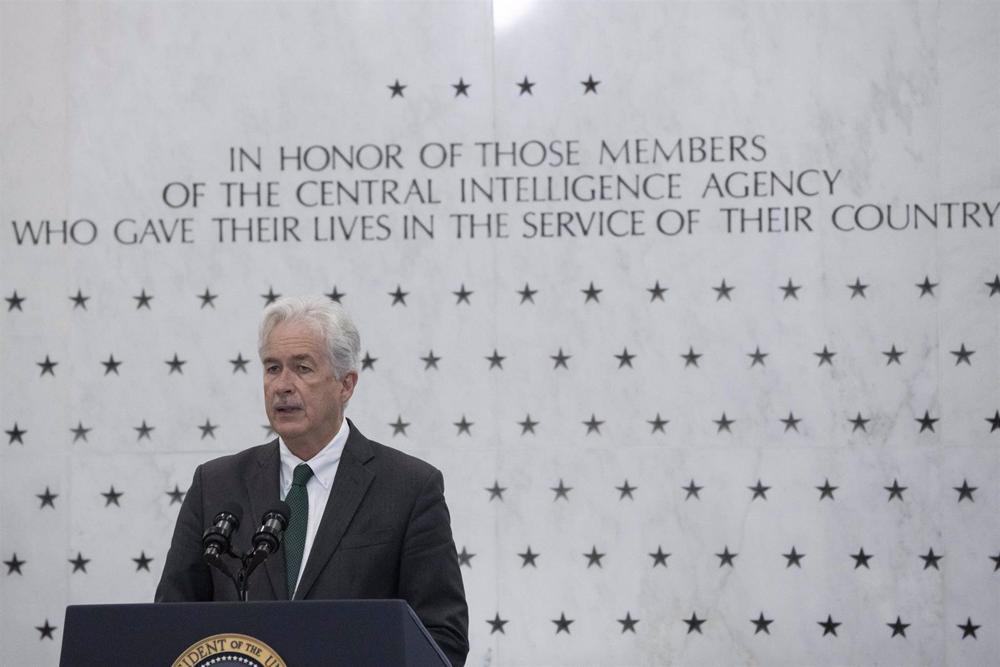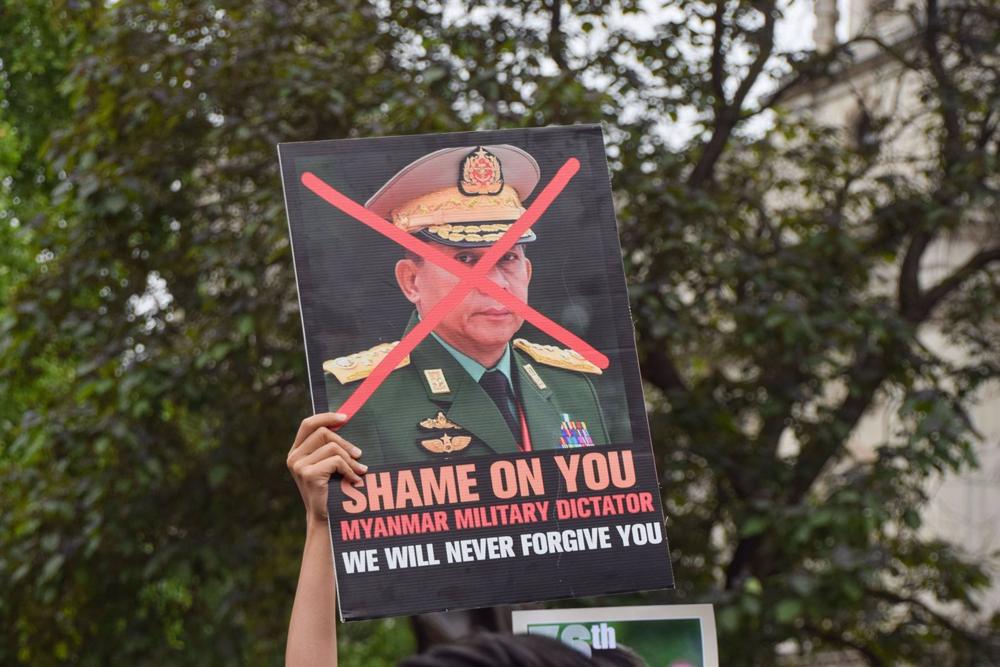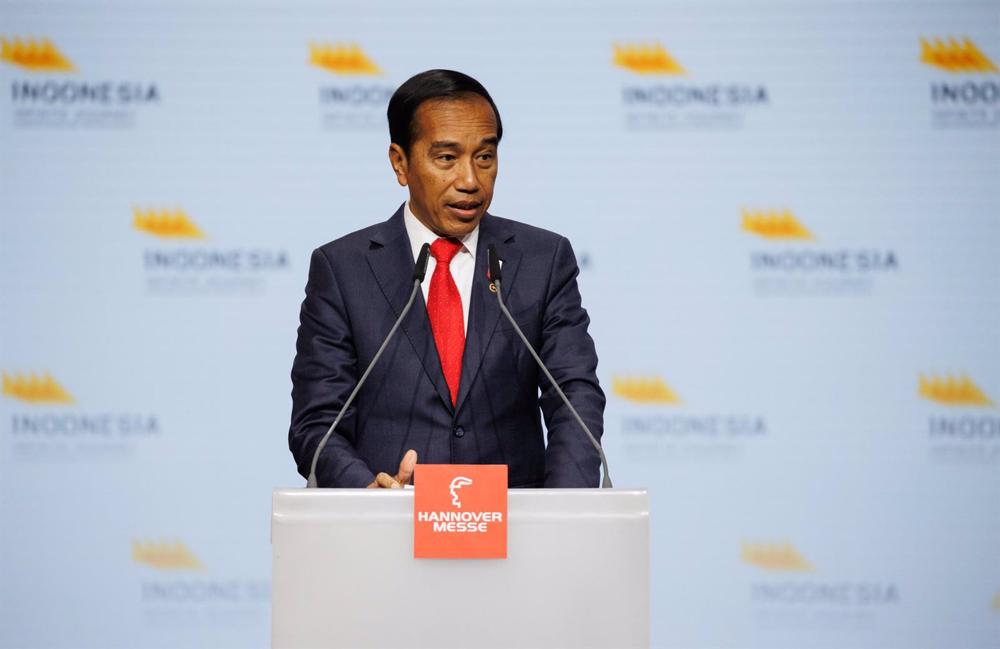
The director of the U.S. Central Intelligence Agency (CIA), William Burns, has met with two of the most senior figures in Libya’s political and security landscape, the prime minister of Tripoli’s unity government, Abdulhamid Dbeibé, and Marshal Jalifa Haftar, a rival of the capital’s authorities, on his first official visit to the African country.
The meetings come in the midst of a huge internal crisis in Libya, which is once again pitting two parallel administrations, the one in Tripoli and the one in the east of the country, with Fazi Bashaga as «prime minister». The roadmap to the elections, initially scheduled for the end of 201, is completely paralyzed and the security of the population is constantly threatened by sporadic clashes between armed groups, particularly in areas close to oil fields.
During the meeting with Dbeibé, Burns stressed the «need to develop economic and security cooperation relations between the two countries» and highlighted «the growth experienced by Libya» since the civil war that broke out after the death of leader Muammar Gaddafi during the 2011 revolution.
The meeting was attended by Foreign Minister Najla Mangush, the head of the Libyan intelligence services, Husein al Aeb.
Details of the meeting with Haftar, confirmed by multiple sources to the newspaper Asharq al Awsat and the portal Libya Update, have not transcended and a demonstration of the importance still held by the marshal, aligned with the authorities settled in eastern Libya, ordered in 2019 an offensive against Tripoli after months of tensions between two clashing administrations.
The military operation was finally repelled thanks to Turkey’s support for the internationally recognized government, after which a unification process was set in motion, which received a severe setback after the postponement of the presidential elections.
Burns’ visit to Libya also takes place after the surprise extradition to the United States of the alleged manufacturer of the bomb that destroyed in 1988 a Pan Am plane with 270 people on board over the Scottish town of Lockerbie, a maneuver that aroused the criticism of the opposition to the Dbeibé government, which, given the electoral postponement, is considered incapable of taking such kind of decisions.
Source: (EUROPA PRESS)






